Fordham’s Graduate Student Workers Create a Union
Fordham University’s graduate student workers joined together to create a labor union. Fordham Graduate Student Workers (FGSW) is a coalition of graduate students who work in the university and advocate for better wages, improved health insurance and “grievance structures that will protect [them] from abusive power relations.” The union has recently announced that they are joining the Communications Workers of America (CWA) to organize their efforts.
Graduate students do a variety of work within the university, teaching core classes, working as graduate assistants, tutoring students and providing administrative assistance.
The unionization conversation started during the COVID-19 pandemic in 2020. According to Benjamin Van Dyne, a teaching fellow and fourth-year graduate student in the theology department, the pandemic brought new challenges to teaching. Van Dyne said that switching between Zoom, hybrid and in-person classes, as well as teaching under the circumstances of COVID-19, brought much more work for graduate student educators. It was this that originally sparked Van Dyne’s involvement in the union.
“For me, and I know for many of my colleagues, in some cases, have doubled the amount of work we have to do for that. Unfortunately, we haven’t seen that recognized by Fordham,” said Van Dyne.
One of the FGSW’s goals is to get pay increases for these employees. According to their vision statement, graduate student employees make $15,000-20,000 less than the living wage in New York City. According to Van Dyne, graduate student employees’ pay did not reflect many of the additional challenges and hours that they took on during the COVID-19 pandemic.
COVID-19 also brought about a lot of new workplace arrangements. Working from home has become increasingly popular over the past two years, yet many graduate students feel that Fordham has not properly accommodated the challenges it poses.
According to Amanda Esau, a graduate assistant in the ethics and society master’s program, she has not been allowed to work from home, despite her ability to complete her work remotely.
After she was told that she could not work from home, Esau asked the university to provide masks. According to Esau, the university accidentally purchased “child-sized masks” and took nearly an entire semester to correct the mistake.
Additionally, Esau said that due to the way that her office is laid out, she works in the break room, which is highly trafficked and not ventilated. She also cited difficulty in getting things like hand sanitizer and Clorox wipes in the office.
“It’s really disheartening that my health isn’t being prioritized, especially when these are easy fixes. I’ve reached out on a personal level. I’ve really spoken to them. I’ve really explained all these things, and I’m still met with resistance, which is just crazy to me,” said Esau. “It makes me feel like I’m not being given the proper value I should be given. It makes me feel like I’m not being respected as a part of the Fordham community.”
While COVID-19 may have helped start the conversation about forming a union, the need for one existed before the pandemic. “I think the pandemic did heighten the urgency of [creating a union]. But, the need to have a voice in our own workplace has been something that’s been around for a long time,” said Van Dyne.
According to Van Dyne and Esau, conversations about working conditions started informally amongst colleagues and individual departments.
Soon after, graduate student workers realized that there were consistent sentiments and complaints across the program. Upon this realization, the process of creating a formal union began.
The FGSW also received a formal vote of support from the Graduate Student Association (GSA). FGSW has formally sent a letter to Rev. Joseph M. McShane, S.J., president of the university, demanding recognition.
Robert Howe, assistant vice president for communications and special adviser to the president, said in a statement to the Ram:
“The university received a petition on Monday, Feb. 28, indicating that some of our graduate students are seeking to form a union in connection with the Communications Workers of America. The university respects the right of graduate student workers to form a union and it respects the right of each student to discern and arrive at their individual opinion about the process. The university will be carefully reviewing the petition in the upcoming days.”
FGSW is now asking faculty to sign a petition in support of the unionization effort. According to a faculty member in the graduate school, university lawyers have already begun to meet with department heads to discuss the unionization effort.
They have been told that the university will not try and block any unionization efforts.
In an email sent out on March 8 to the GSAS community, the university included a link containing answers to frequently asked questions about the union, in which the university revealed that they have joined with the law firm, Jackson Lewis. Jackson Lewis has a reputation of being against unions and has taken cases about unions created in higher education institutions.
Many people have noted the last unionization effort at Fordham, which occured in 2017 by the adjunct faculty, had to face various roadblocks.
However, this effort was ultimately successful. “When the adjunct faculty unionized, President McShane sent a letter where he said [the union] was actually very much in keeping with Fordham’s [Jesuit] values. This is not an exact quote, but [he spoke about how] it was the ethical choice to recognize that union. I think Joseph McShane was right in 2017, and I hope he does the same thing in 2022,” said Van Dyne.
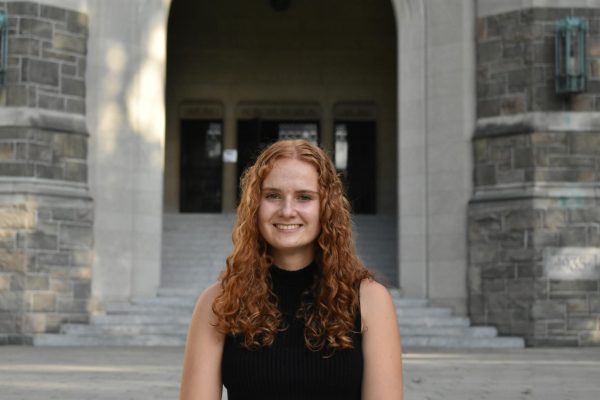
Isabel Danzis is a senior from Bethesda, Md. She is double majoring in journalism and digital technologies and emerging media. The Ram has been a very...

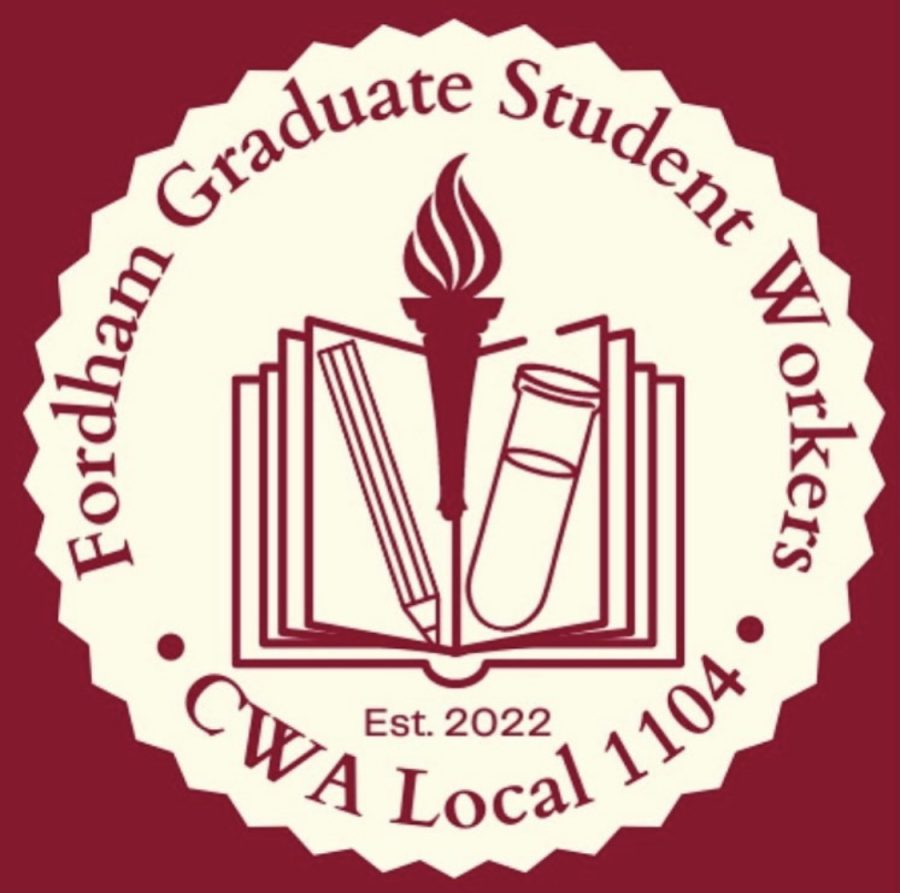
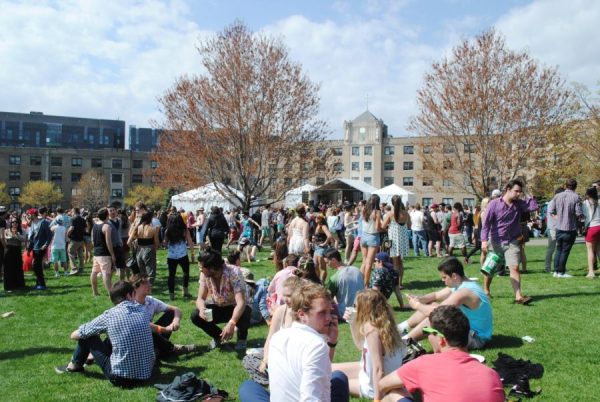
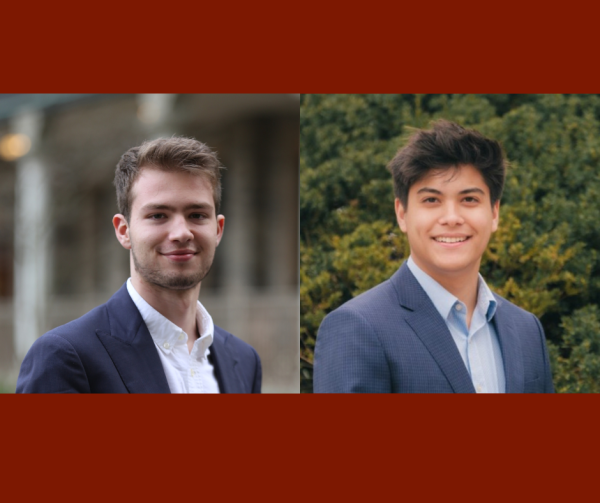

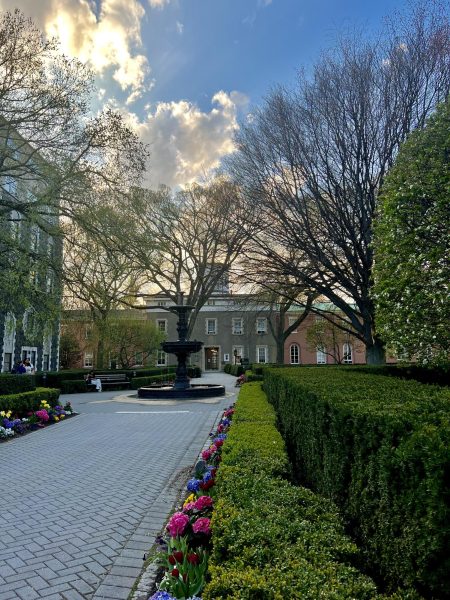
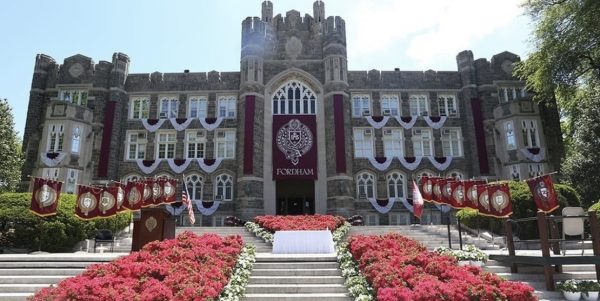
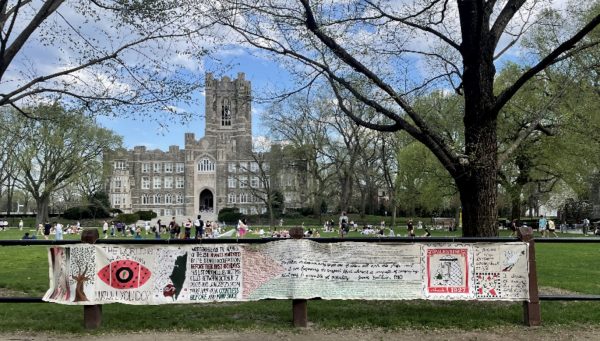
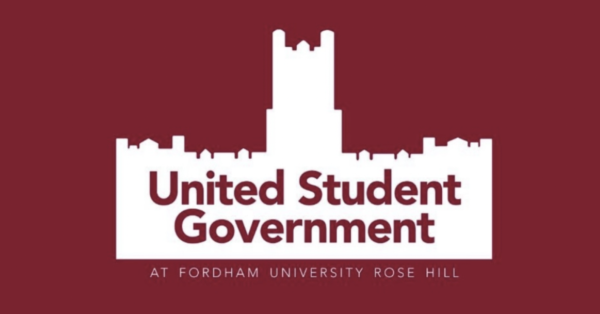

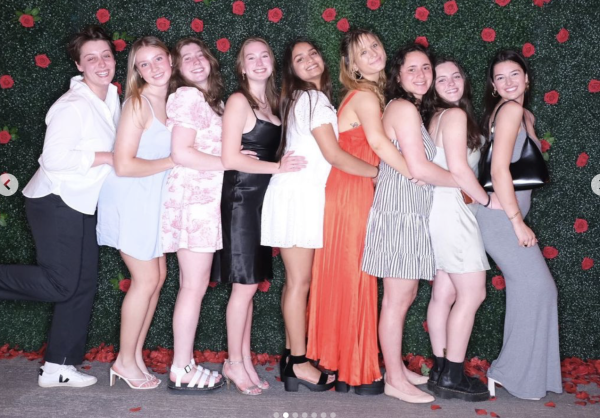

Deomangal • Mar 10, 2022 at 9:38 pm
If you want nothing do nothing. It takes tremendous effort and courage to right the wrongs of the past. Be prepared to handle the consequences of reaching beyond your grasp. Also be aware that you cannot grow if you do not reach beyond your grasp.